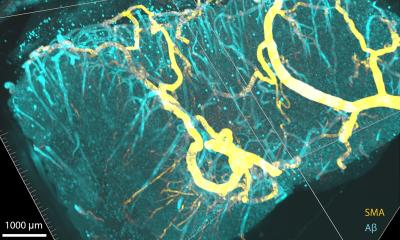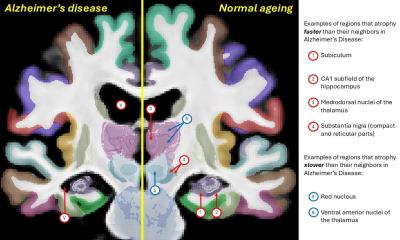News • Changing lifestyle
One in three cases of dementia preventable
Experts say that one-third of the world’s dementia cases could be prevented by managing lifestyle factors such as hearing loss, hypertension and depression.
This fact was part of a report by the first Lancet Commission on Dementia Prevention and Care that was presented at the Alzheimer’s Association International Conference (AAIC) 2017 and published in The Lancet. The report also highlighted the beneficial effects of nonpharmacologic interventions such as social contact and exercise for people with dementia. “There’s been a great deal of focus on developing medicines to prevent dementia, including Alzheimer’s disease,” said commission member and AAIC presenter Dr. Lon Schneider, professor of psychiatry and the behavioral sciences at the Keck School of Medicine of USC. “But we can’t lose sight of the real major advances we’ve already made in treating dementia, including preventive approaches.” The commission brought together 24 international experts to systematically review existing research and provide evidence-based recommendations for treating and preventing dementia.
Reducing dementia risk, beginning in childhood
The commission’s report identified nine risk factors in early, mid- and late life that increase the likelihood of developing dementia. About 35 percent of dementia — one in three cases — is attributable to these risk factors, the report said. By increasing education in early life and addressing hearing loss, hypertension and obesity in midlife, the incidence of dementia could be reduced by as much as 20 percent, combined. In late life, stopping smoking, treating depression, increasing physical activity, increasing social contact and managing diabetes could reduce the incidence of dementia by another 15 percent.
A nonpharmacologic approach to treating dementia
The commission also examined the effect of nonpharmacologic interventions for people with dementia and concluded that they had an important role in treatment, especially when trying to address agitation and aggression. The evidence showed that psychological, social and environmental interventions such as social contact and activities were superior to antipsychotic medications for treating dementia-related agitation and aggression. The commission also found that nonpharmacologic interventions like group cognitive stimulation therapy and exercise conferred some benefit in cognition as well.
Source: Keck School of Medicine
25.07.2017





